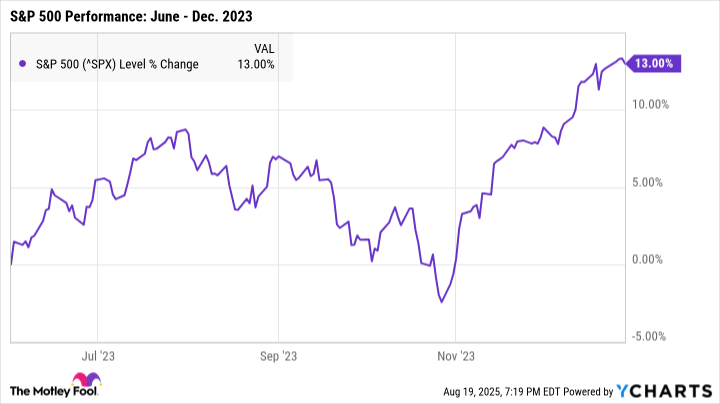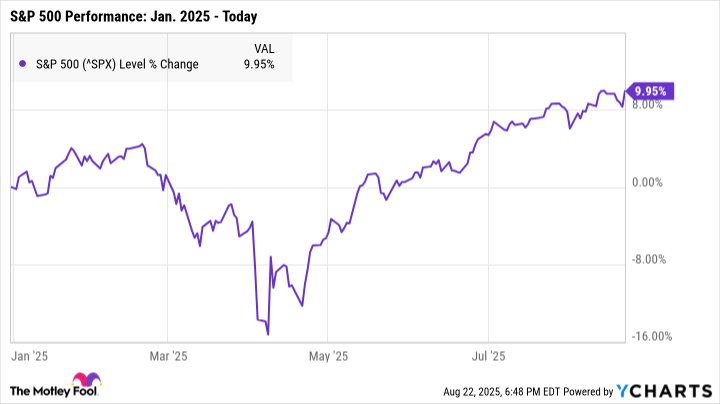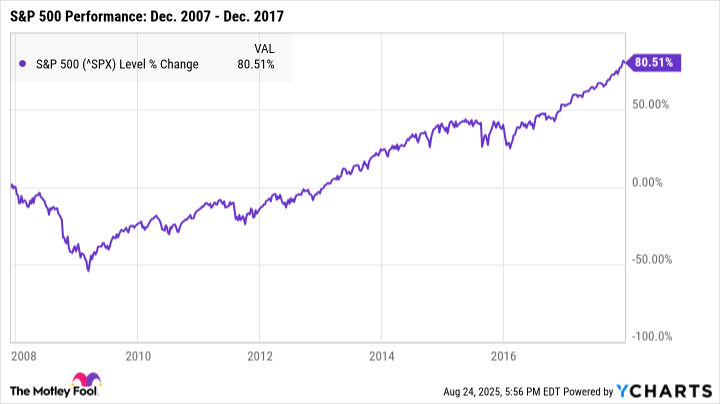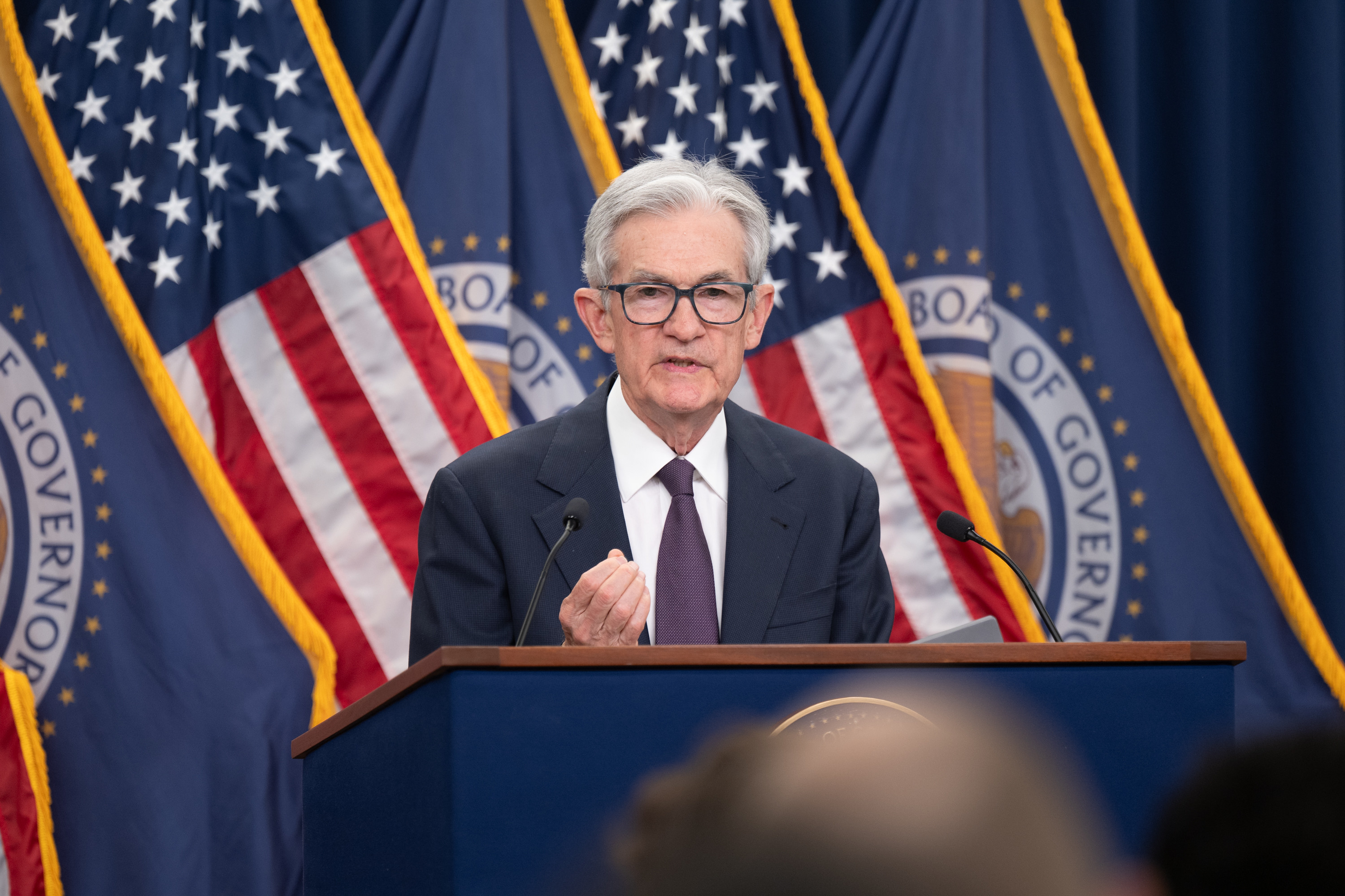Despite the stock market's recent record highs, many investors are concerned that a downturn is on the horizon. Nearly 45% of U.S. investors admit to feeling "bearish" about the next six months, according to the most recent weekly survey from the American Association of Individual Investors, compared with 33% in late July.
Whether you're concerned we're in an overvaluation bubble that's about to burst or that new tariffs and rising inflation will take a toll on the economy, there's no shortage of reasons to feel pessimistic right now. Here's why history suggests now is still a smart time to buy.

Image source: Getty Images.
Timing the market can be incredibly risky
If you're feeling nervous about the future of the market, it may be tempting to sell your stocks now to get out ahead of a potential downturn. But timing the market correctly is incredibly difficult, and in many cases, you'll end up losing more than you gain.
For example, in June 2023, analysts at Deutsche Bank predicted a "near 100%" chance of a recession beginning by the end of the year. However, over the next six months, the S&P 500 (^GSPC +0.32%) had soared by 13%. If you'd gotten out of the market in fear that a recession was looming, you'd have missed out on substantial gains.
Similarly, earlier this year when new tariff announcements caused the market to plunge essentially overnight, many investors worried that we were heading toward a deeper bear market.
Not only did the market almost immediately bounce back, though, but major indexes have also experienced multiple record highs since then. If you'd sold your stocks after the market plunged, you might have locked in substantial losses and potentially missed out on the lucrative recovery period.
The market can be incredibly unpredictable in the short term, and even the experts can't say for certain when the next recession or downturn will begin. If your timing is off and you don't buy or sell at just the right moment, it could be costly.
Mistiming the market can also affect your long-term gains. Research from Dalbar revealed that between 2001 and 2020, the average investor achieved annualized returns of just 2.9%, compared with the S&P 500's 7.5% annualized return during the same period. Researchers attributed market timing as the main factor behind the subpar investor performance.
History shows the future is bright
Again, nobody knows how the market will fare over the coming months, but a long-term approach to investing can significantly reduce your risk.
In fact, a study from Capital Group found that throughout the S&P 500's history, 33% of one-year periods ended in negative total returns. However, over the last 82 years, there's never been a single 10-year period ending in negative total returns.
In other words, if you'd invested in an S&P 500-tracking fund and sold it after one year, there's a 33% chance that you'd have lost money. But by holding that investment for 10 years, you're all but guaranteed to see positive gains -- even if you invest at a seemingly terrible moment.
For instance, say you had invested in an S&P 500 index fund in December 2007, immediately before the market plunged into the Great Recession. The following couple of years would have been rough, and the index wouldn't reach a new high until 2013. But by December 2017, you'd still have earned total returns of more than 80%.
It may be tempting to sell your stocks right now if you're anticipating a correction or recession in the future, but the market can be incredibly unpredictable. Sell at the wrong moment, and you could either lock in steep losses or miss out on significant gains -- or both.
If you're willing to stay in the market for at least five to 10 years or so, you're far less likely to lose money due to volatility. By keeping a long-term outlook and continuing to buy consistently, you can protect your portfolio while also building life-changing wealth over time.









